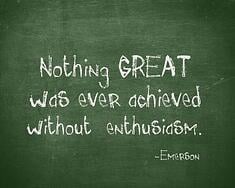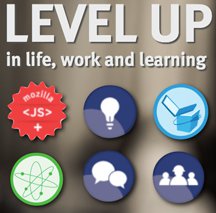 You already know that cloud computing is now and will continue to be impacting the tye of jobs technologists and technology executives will have in the future. Another mega trend that will impact tech careers is rapidly becoming a strategic priority for companies: superstacks. The term is so new I couldn't find an image in Google images for it - just pictures of smokestacks!
You already know that cloud computing is now and will continue to be impacting the tye of jobs technologists and technology executives will have in the future. Another mega trend that will impact tech careers is rapidly becoming a strategic priority for companies: superstacks. The term is so new I couldn't find an image in Google images for it - just pictures of smokestacks!
Smart phones are the earliest manifestations of superstacks. Accenture's Mitch Cline predicts that vertically "stacked" solutions - operating systems + chips + devices + software + web interface + user services - are poised to become a top corporate strategy priority. Superstacks will be needed for new mobility and B.Y.O.D (bring your own device) solutions and are predicted to become increasingly prevalent in healthcare, consumer products, and retail applications.
The most immediate impact of the trend on your tech career is the anticipated surge in M&A activity: "More than three fourths (77 percent) of respondents believe an increase in M&A activity will occur over the next two-to-three years." Many of my clients come for branding, executives resumes, LinkedIn and social media profiles, and job search coaching because their company has recently been acquired and their division spun off, their job made redundant, or their unit simply eliminated as not a priority for the new corporate entity. Many have seen their compensation slashed as their work load has been increased.
There are great job opportunities in the new tech landscape, but you have to "trend-proof" your career insofar as you are able. To be ready for the rise of superstacks, you need to be proactive about the roles you might play in developing the new technologies and prepare yourself for M&A turbulence.
1. Superstacks trend: Aim your career towards where the jobs will be. Don't keep your head down. Read everything you can about superstacks and cloud computing. If you're a tech professional, can you morph your path in the direction you seeing technology going by gaining necessary new skills? If you're a technology leader, develop a vision for leveraging superstacks and cloud computing as transformational, value-added techologies. And then blog and tweet about it to demonstrate thought leadership.
2. Accompanying M&A activity: Protect your career by being ready AT ALL TIMES to start a job search. That means to always have a current resume, a strong and distinctive brand, and powerful online networking connections on LinkedIn and also Twitter and FB, if you want to. Keep your offline network thriving through frequent friendly contact as well. Continue to build your online reputation as well by multiplying the number of quality sites where your name will appear in a Google search and by blogging, tweeting, or commenting on other people's material.
3. And stay tuned: I'll continue to keep you up-to-speed in terms of trends that will be impacting your tech career. The race is to the swift and the market-savvy.



 Credit to
Credit to 






